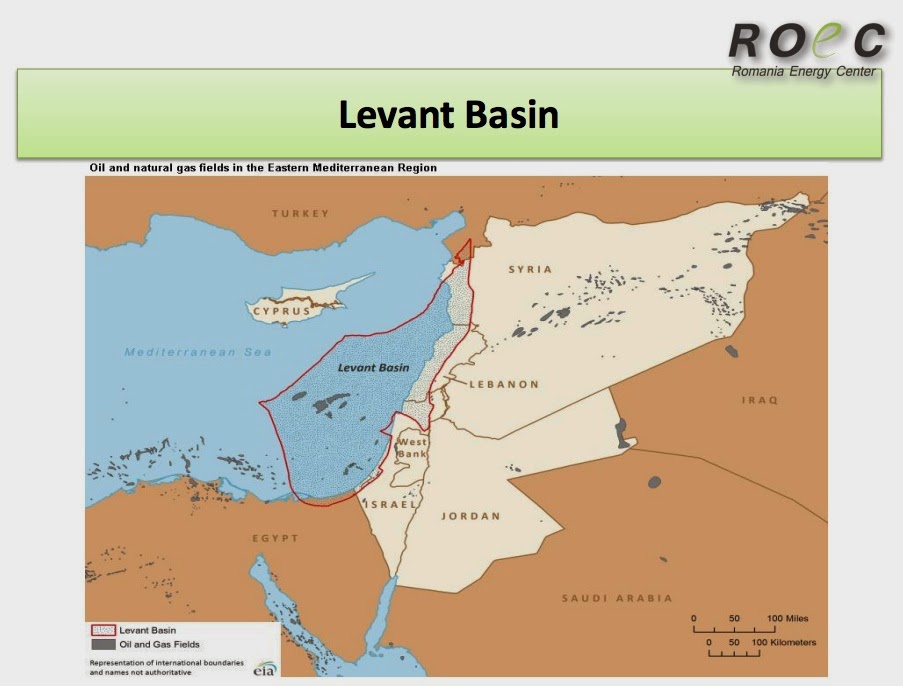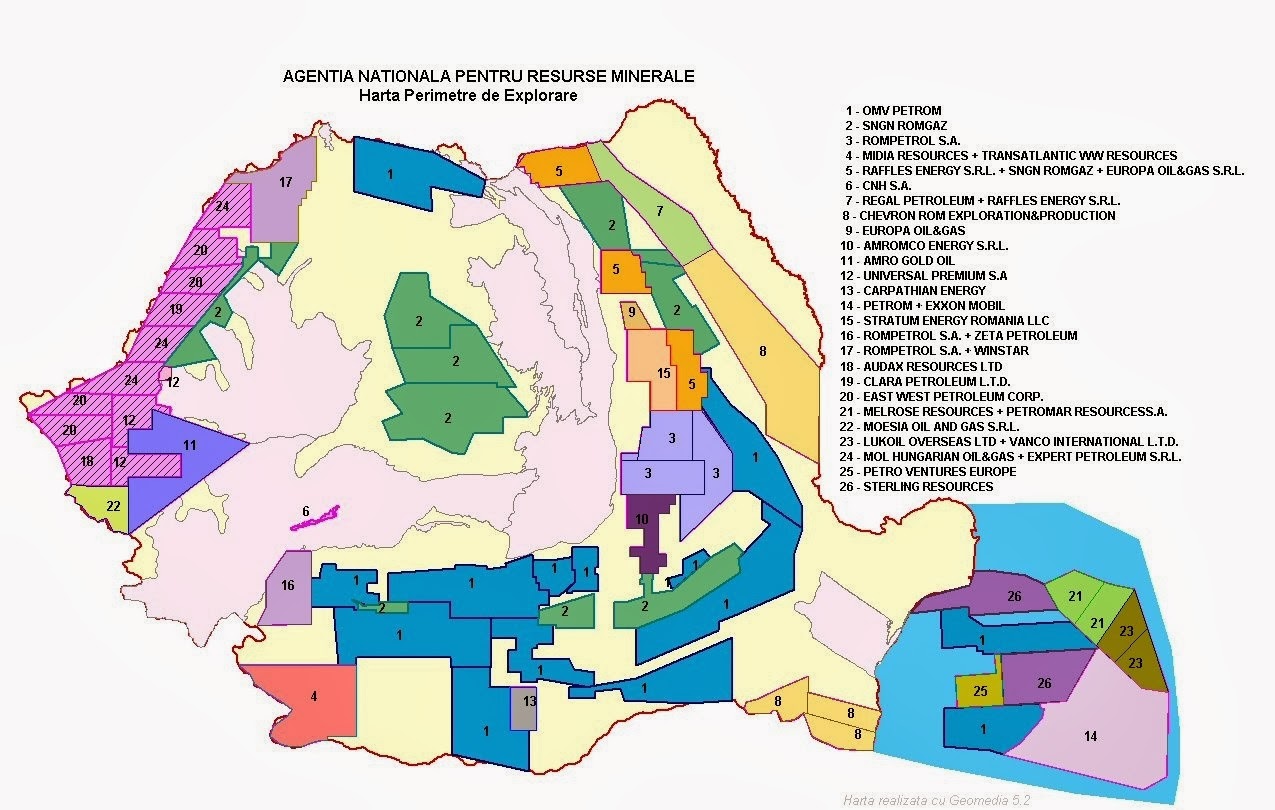This week Vice President Biden became the most senior US Official to visit Cyprus in over a half century. The visit is part of a swing through Romania and Cyprus, and in both countries the Vice President is to work on strengthening economic ties, the Transatlantic Trade and Investment Partnership (T-TIP), and efforts to strengthen Europe’s Energy Security. As we’ve recently discussed on The Long Tail Pipe, both Romania and Cyprus have natural gas resources which are coveted as a potential solution to the looming threat of Russia gaining domination over all of Europe.
There is also a Cyprus connection to the Nepotism we reported on recently. VP Biden’s son Hunter Biden was named a Director of a big Oil company in Ukraine, in that Burisma Holdings happens to be based out of Cyprus.
The issue Europe faces is that many European countries are dependent on Russia for natural gas. The backdrop of the struggle between Russia and the U.S./European Union over Ukraine, is that twice over the last ten years Russia had to cut off natural gas supply to Ukraine (and hence to Europe) because of payments difficulties between the countries. Europe’s Energy Ministers are scrambling to locate other “energy” sources, and the U.S. Government see’s Europe’s Energy Security as a US National Interest.
In Romania, the government is pushing hard to enable Chevron and other companies to start fracking the significant shale resources in Romania.
In Ukraine, the aid package offered by the U.S. government features “energy” experts who will help Ukraine adopt fracking in Ukraine’s shale deposits, with the help of Western oil companies. (Chevron and Royal Dutch Shell)
In Cyprus, a significant shale deposit has been discovered in the Mediterranean Ocean between Cyprus and Israel. Both countries are now looking into investments to develop the natural gas fields.
With all that in mind, what do we know about VP Biden’s visit to Romania and Cyprus? A press release issued last week![]() made it clear Biden is addressing many of these issues.
made it clear Biden is addressing many of these issues.
The Vice President will discuss with the leadership of both countries the international community’s response to Russia’s illegal military intervention and destabilizing actions in Ukraine. The Vice President will also address the need to deepen economic ties, including through the Transatlantic Trade and Investment Partnership (T-TIP); to recommit to strengthening democratic institutions across the region; and to undertake a sustained and collective effort to bolster Europe’s energy security.
In Romania, the White House posted a video (see below) of VP Biden saying the US would stand behind Romania, especially given Russia’s take-over of Crimea that occurred a short distance from Romania’s borders. Russia’s moves have to be worrying Romania, because one of the first events of World War II was Russia grabbing the territory that’s now known as the Republic of Moldova, from Romania. Romanians and Moldovans desperately want to reunite, but historical geopolitical stuff is preventing that from happening, and Russia’s moves might possibly include annexing Moldova under the theory that it was once part of the U.S.S.R. (full speech transcript on whitehouse.gov![]() )
)
The US has had forces deployed in Romania under a training agreement with the Romania military. According to a FACT SHEET published by the White House![]() the U.S. has already deployed two warships to the Black Sea, based in Romania, and will shortly deploy another. A joint statement issued by VP Biden and Romanian President Traian Basescu
the U.S. has already deployed two warships to the Black Sea, based in Romania, and will shortly deploy another. A joint statement issued by VP Biden and Romanian President Traian Basescu![]() discussed how the US beefed up military presence in the region in the wake of the turmoil in Ukraine.
discussed how the US beefed up military presence in the region in the wake of the turmoil in Ukraine.
“Energy Security” both for the region and for Europe overall was the subject of the joint statement on talks between Biden and Romanian Prime Minister Victor Ponta![]() .
.
We also spoke at some length about energy security and how national security and energy security come together in this part of the world in the need to ensure that Russia can no longer continue to use its energy resources and European dependence on those resources as a weapon — a weapon against anyone in this region.
And Romania can and should be a significant part of a European energy solution. By upgrading Romania’s infrastructure, Romania can be a lynchpin that holds together the energy markets from the Black Sea to Central and Eastern Europe. And by expanding domestic production of natural gas, Romania can emerge as an alternative supplier for its neighbors.
Let’s be clear – “expanding domestic production of natural gas” in Romania means fracking that country’s shale deposits.
While the new natural gas resources in Cyprus could help European Energy Security, there’s a huge geopolitical issue to solve, which featured prominently in Biden’s speech at the Larnaca International Airport![]() . Namely, the division of Cyprus between Greek and Turkish halves following Turkey’s invasion of Cyprus over 40 years ago.
. Namely, the division of Cyprus between Greek and Turkish halves following Turkey’s invasion of Cyprus over 40 years ago.
Now that Cyprus has fossil fuel resources, the plight of Cypriots has become important enough that the U.S. is now interested (after 40 years) in solving the crisis.
In summary, VP Biden’s trip was largely meant to push for more development of fossil fuel resources.
- Highway design could decrease death and injury risk, if “we” chose smarter designs - March 28, 2015
- GM really did trademark “range anxiety”, only later to abandon that mark - March 25, 2015
- US Government releases new regulations on hydraulic fracturing, that some call “toothless” - March 20, 2015
- Tesla Motors magic pill to solve range anxiety doesn’t quite instill range confidence - March 19, 2015
- Update on Galena IL oil train – 21 cars involved, which were the supposedly safer CP1232 design - March 7, 2015
- Another oil bomb train – why are they shipping crude oil by train? – Symptoms of fossil fuel addiction - March 6, 2015
- Chevron relinquishes fracking in Romania, as part of broader pull-out from Eastern European fracking operations - February 22, 2015
- Answer anti- electric car articles with truth and pride – truth outshines all distortions - February 19, 2015
- Apple taking big risk on developing a car? Please, Apple, don’t go there! - February 16, 2015
- Toyota, Nissan, Honda working on Japanese fuel cell infrastructure for Japanese government - February 12, 2015












